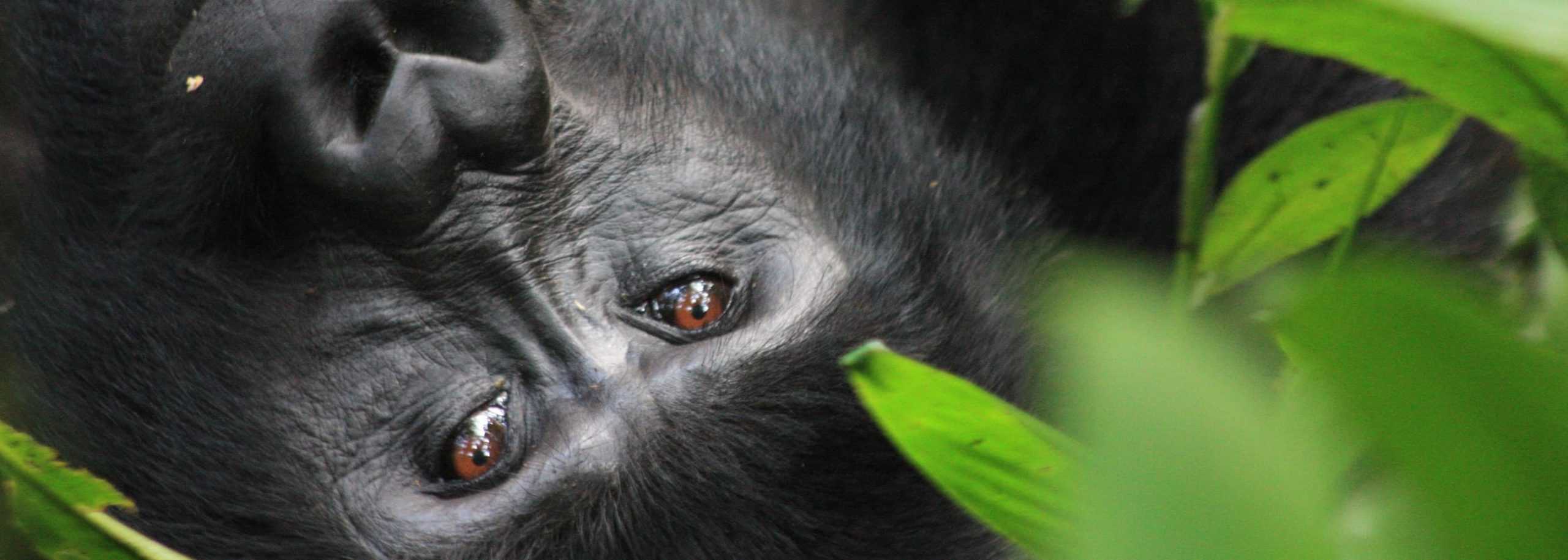Working With the Batwa of Uganda
Featured | 1/07/10
For more than 40,000 years the Batwa people lived in the rich montane forests of western Uganda. Theirs was a way of life that predated farming and livestock-keeping; the Batwa, or Pygmies, were hunter-gatherers who relied on the forest’s natural resources for their very livelihoods.
That changed dramatically in 1991 when the Batwa were evicted from the forests during the creation of national parks within the region. Without land of their own or the skills to compete in the modern marketplace, the Batwa have become marginalized, existing in extreme poverty on the parks’ borders. Their culture risks fading into history.
There are approx 5,000 Batwa living in Southwest Uganda in 39 communities around the edges of Mgahinga and Bwindi National Parks. A study in 2003 revealed that over 50% of the Batwa population regularly entered Mgahinga Gorilla National Park illegally to harvest forest resources. What’s more, this was being done not for subsistence needs, but to sell to other groups. “The Batwa are viewed as cheap labor among other ethnic groups in the area,” says Stephen Asuma, IGCP Programme Officer who works with the Batwa in Uganda. “Others were capitalizing on the Batwa’s incredible knowledge of the forest and its resources. And this put new pressure on the parks and mountain gorilla habitat.”
IGCP recognizes the important link between the Batwa and conservation. If the Batwa had alternative income-generating activities, they would not need to rely on unsustainable use of the forests. Furthermore, if the Batwa could improve their livelihoods by showcasing their unique knowledge of the land, they could keep their rich culture in tact.
This is the conservation logic behind several projects IGCP is spearheading with the Batwa of Uganda. IGCP has partnered with the Ugandan Wildlife Authority (UWA) and the United Organisation for Batwa Development in Uganda (UOBDU) to develop tourism-related activities that can bring employment and revenue to the Batwa, while reducing pressure on the parks from illegal resource extraction.
The first such project, the Batwa Trail in Mgahinga Gorilla National Park, officially opens this July.




